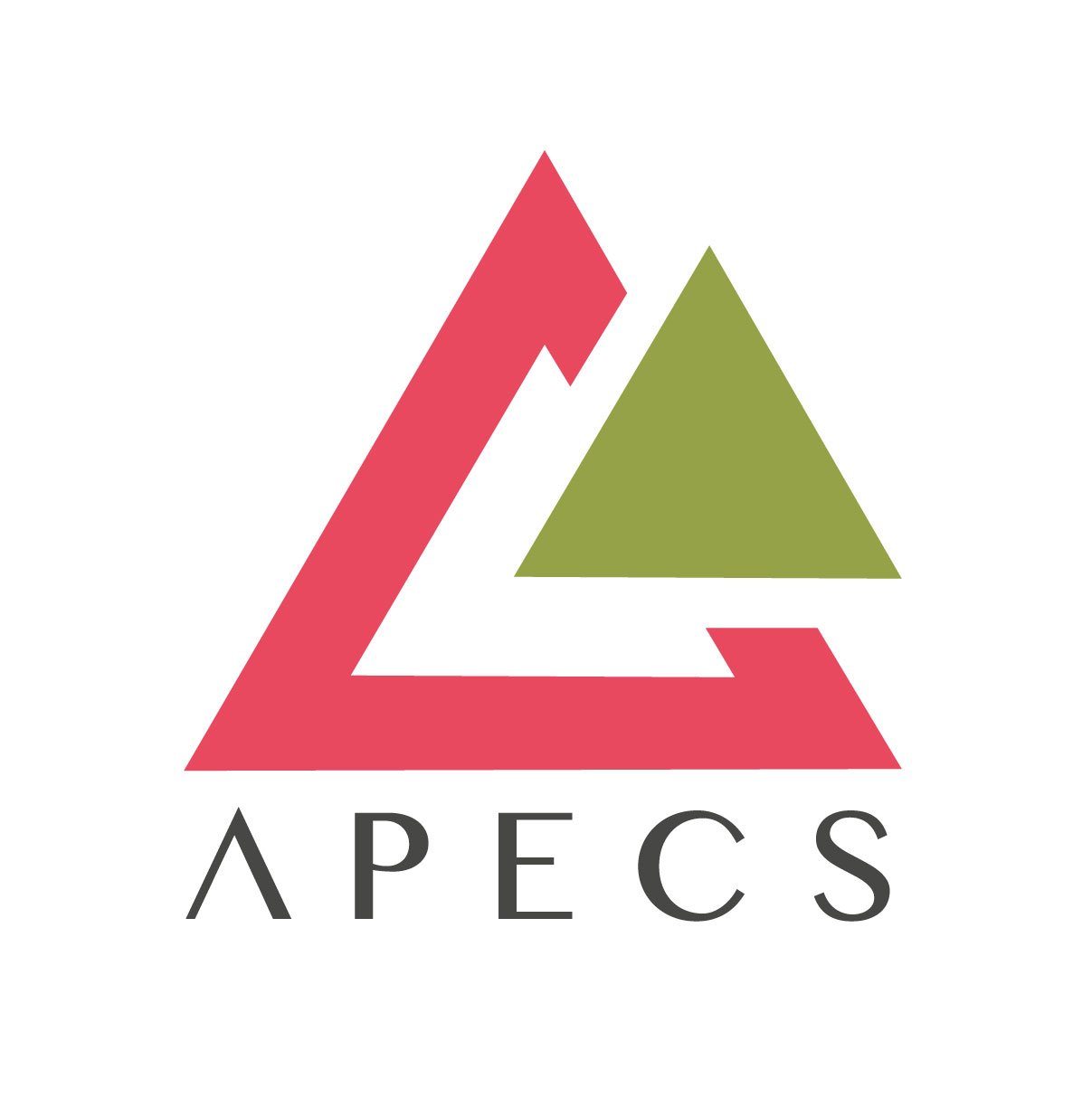Exploring diversity in coaching
How can we progress the inclusion agenda in executive coaching and supervision?
Written by Will James on behalf of the APECS EDI Working Group
Out beyond ideas of wrongdoing and rightdoing there is a field.
I'll meet you there.
When the soul lies down in that grass,
the world is too full to talk about.
Ideas, language, even the phrase ‘each other’
doesn’t make any sense.
Rumi
This question has been one of the drivers in our enquiry at APECS. Equality legislation has been written for over 50 years, and in our EDI Working Group are members who have been involved in this space for the past 30 years. And yet, there’s still much further to go. With post-George Floyd momentum, organisations are still lining up to learn with more or less the same levels of ability to put theory into practice as they were in the 80s. We wondered - why hasn’t there been more progress?
With an increased awareness of how living systems operate and of the legacies colonialism and old power structures have left behind, we understand that ‘head knowledge’ alone doesn’t unlock the ability to create cultures that welcome all. The benefits of belonging are still unequally distributed in society and within coaching and supervision, too. This slow pace of change is why we’ve chosen to focus our attention: not on theory or codes of conduct, but on creating the conditions to experience something new, informed by a clear theory of change.
Our theory of change
· we’re all doing the best we can
· we all carry prejudices
· when we share our stories and our reactions to those stories, in a safe enough space where our voices matter, empathy surfaces and we remember our interconnectedness
· when our difference is honoured, what we share in common becomes more valued, too.
In many ways, these ideas are first principles for coaches and supervisors – but it’s easier to say than to do, and easier to identify the blind spots in others than in ourselves.
Core challenges to broadening inclusion across the coaching community derive from the fact that it is on the whole, a privileged community. One of the ways this shows up is in a double-blindness to our lack of self-awareness. Another is the outdated attitude of some towards inclusion, seeing it as charitable attitude, rather than a road to health.
When it comes to self-awareness, we coaches often consider ourselves experts. Not only is it foundational to our work, but we largely come from the social groups who have been custodians of western learning. Despite our often stated aims to seek the beginner’s mind, to unlearn and to suspend judgement, we often operate from many archetypal projections - knower, meaning-maker and guide for others, making it harder to explore what we may not see in ourselves. As an antidote, we must practise the pose of the Learner, heading out together into the unknown. Those who’ve joined in our inquiry have described the relief in letting go of "the desire or perception of being right" and "overcoming the fear of being wrong".
A second challenge is the invisibility of privilege to the privileged. Implicit assumptions, like the unnecessity of specifying ‘white history’, because whiteness, maleness and heterosexuality have been established as ‘normal’ and only deviations from these are remarkable. These signifiers of proximity to power only become visible in the light of diverse perspectives, courage and ‘good enough’ sensitivity, where they can be noticed and named, without defensiveness or ‘white guilt’.
Another obstruction has been the mindset that inclusion is a charitable duty rather than a creative advantage, made possible by optimising the social environment. The truth is that systemic inequality is harmful for everyone, whereas the whole ecosystem thrives when the potential of diversity is released. Furthermore, inclusion as charity reinforces hierarchy, making authentic relationships impossible. Authentic connections have the power to regenerate community. Reintegrating what’s been absent restores vital elements to the system, a shift of perspective that enables equitable partnership.
These have been the principles underpinning our ‘Symbolism to Substance’ events, exhorting ourselves to learn meaningfully with and from one another, through collective experience and collective reflections on that experience. The transformational power of coaching to facilitate growth has been at work, as we’ve sought to hold a space to keep exploring and listening to people’s stories of lived experiences. To achieve the psychological safety required to make this possible, we’ve strived to maintain a shared contract that is -
· Clear about purpose and modelling vulnerability (what Brené Brown sometimes defines as ‘showing-up when you can’t control the outcome’)
· Equitable, co-creating a ‘container’ for everyone to feel empowered to engage
· Courageous and curious in exploring how different identities relate to power and how this may be showing up in our coaching and supervising
· Emotionally aware, noticing inner responses (triggers) as we discuss power and difference as they show up in the group, sharing what’s appropriate, so that we can all benefit from the learning
This is how we gradually expand our capacity to include more of what clients may themselves need to bring to coaching and supervision work.
If you would like to join us on our mission to cultivate a deeper culture of inclusion and belonging within our spheres of influence in coaching and supervision, please get in touch and come and join us! will.james@apecs.org
Written by Will James on behalf of the APECS EDI Working Group

